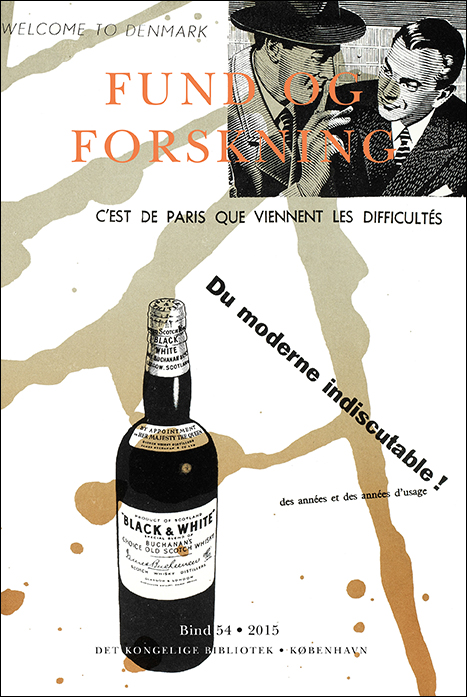J.S. Bach og Danmark. En studie i den danske præsentation og musikfaglige behandling af Bachs værker indtil 1950
DOI:
https://doi.org/10.7146/fof.v54i0.118887Resumé
Claus Røllum-Larsen: J.S. Bach and Denmark
The dissemination and pursuit of Bach’s music in the first decades of the 1800s was characterized by the circle surrounding Peter Grønland, not least C.E.F. Weyse. The dissemination of Bach’s printed works seems to increase around the year 1800, but does not reach a high level until 1850. During the 19th century, there were strongly committed performers, who scheduled Bach’s music: the earliest was Hans Matthison-Hansen (organ works), later — from 1875 — Niels W. Gade (including The St. Matthew Passion), Gottfred Matthison-Hansen (organ works) and Frederik Rung (The St. John Passion and Mass in B minor). Then the Cæcilia Society safeguarded Bach’s greater chorale works all the way up to its discontinuation in 1934, whereupon the Symphony Orchestra of the Danish State Broadcasting Service and the Copenhagen Royal Chapel Choir took over. With the Bach Society, Niels Otto Raasted displayed great activity with regards to exposing Bach’s music in many genres, and in this context presented a number of prominent musicians with backgrounds in the milieu of practicing historical performances in Berlin. From the beginning of the 1930s, Finn Viderø was also heavily engaged in Bach’s music, particularly from the perspective of performance practice. By end of the Second World War, the Bach Society came to an end, while Wöldike together with the Copenhagen Royal Chapel Choir and various orchestras maintained extensive concert activity with Bach’s works. The commemoration in 1950, over which Mogens Wöldike presided, cemented the central position of the Copenhagen Royal Chapel Choir and Wöldike in the dissemination of Bach. The historically- and scientifically-founded approach to the music and the performance of it by these musicians and the music teacher Gunnar Heerup had thereby replaced a more subjective cultivation of Bach, and based on this had established an objective, critical approach to the handling of Bach’s music. This development has not changed the assessment of Bach as a composer; his extraordinary endeavour and “by virtue of Bach’s genius, Bach’s [cantatas and passions] … has become something that is unparalleled anywhere else in the world.” (J.P. Larsen).


